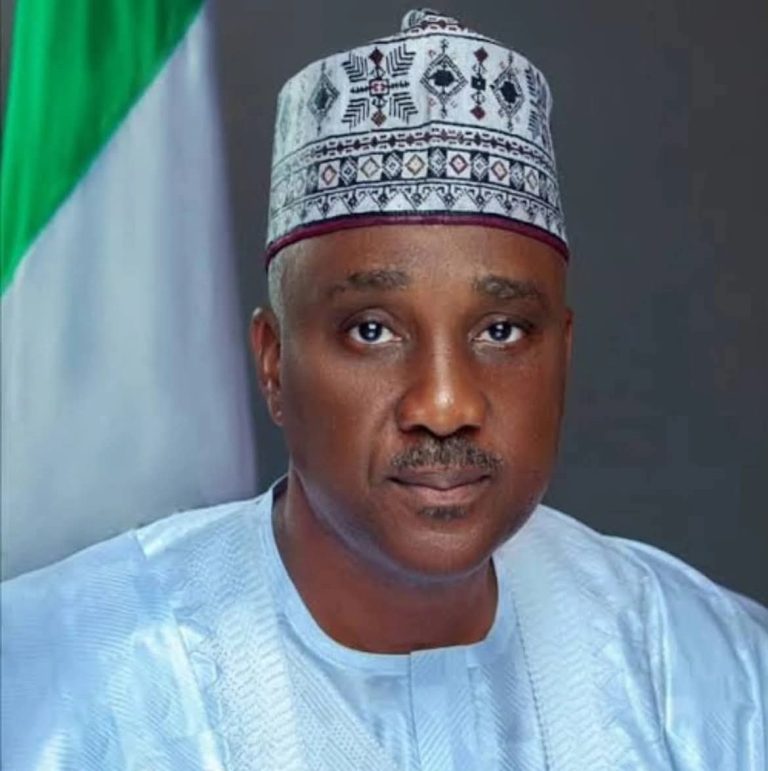Public debt is both a ladder to prosperity and a chain of bondage. At the 11th Annual Conference of the West Africa Association of Public Accounts Committees (WAAPAC), House Speaker Tajudeen Abbas reminded leaders that debt, when managed prudently, can drive growth. But when mismanaged, it traps nations in economic dependence.
Under President Bola Ahmed Tinubu, Nigeria is pursuing a non-oil revenue drive that has already produced results. In a rare milestone, the country met its 2025 revenue target ahead of schedule—without borrowing. This proves that with discipline and focus, nations can reduce reliance on external loans and reclaim economic sovereignty.
Still, debt management is not the duty of the executive alone. Lawmakers carry a moral and constitutional responsibility to ensure that every naira borrowed translates into real benefits for citizens. Oversight is not optional; it is essential to protect future generations, especially in today’s uncertain global economy.
Across Africa, rising debt-to-GDP ratios threaten development. Revenues that should fund education, healthcare, and infrastructure are instead swallowed by debt servicing. To break this cycle, African nations must negotiate fairer credit terms, mobilize local resources, and boost intra-African trade—shifting from dependency to resilience.
ALSO READ Nigeria’s debt surpasses legal threshold, threatens fiscal sustainability, Abbas warns
WAAPAC’s theme, “Strengthening Parliamentary Oversight of Public Debt: The Role of Finance and Public Accounts Committees,” is therefore urgent. Oversight committees must be empowered and trained to scrutinize borrowing and align it with national priorities. Without such vigilance, public funds risk being wasted, and citizens left behind.
Transparency is equally vital. Citizens must know how and why governments borrow. Open information builds trust, strengthens democracy, and ensures leaders remain accountable.
Nigeria now stands at a crossroads. By borrowing responsibly and prioritizing development-driven spending, the country can avoid debt bondage and instead climb toward prosperity. But failure to act prudently could lock future generations in economic chains.
The choice is clear: debt must serve as a tool for growth, not a trap for subjugation. That requires vigilance, transparency, and collaboration between government and parliament to secure a sustainable and sovereign economic future.


